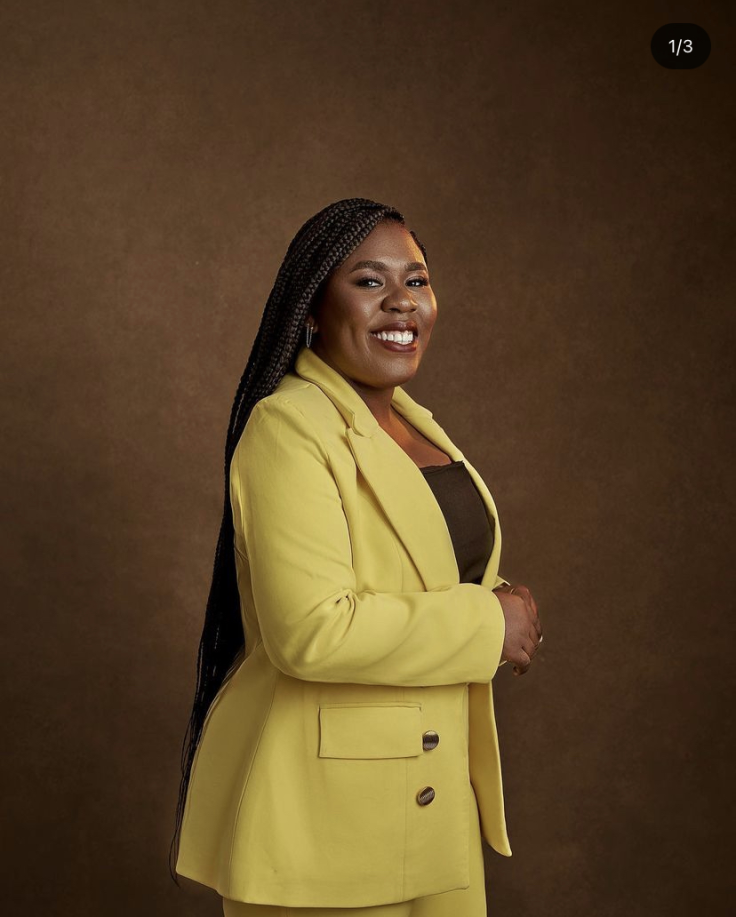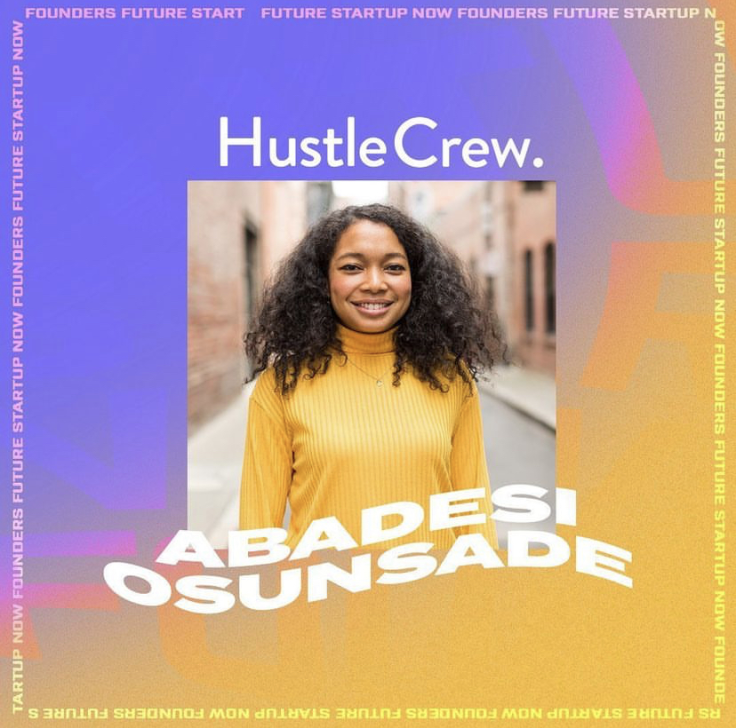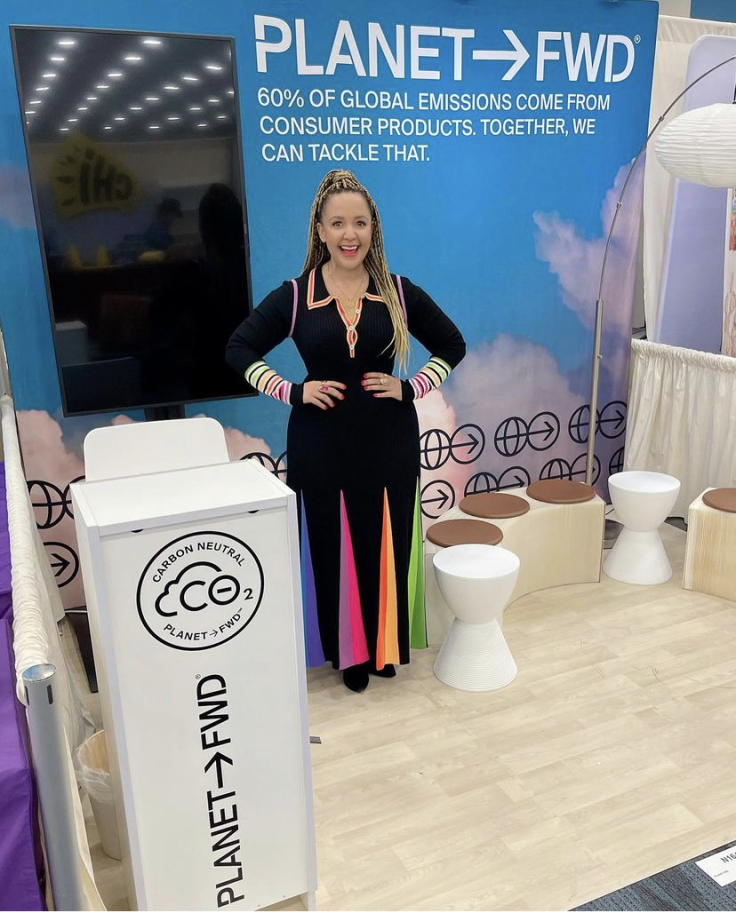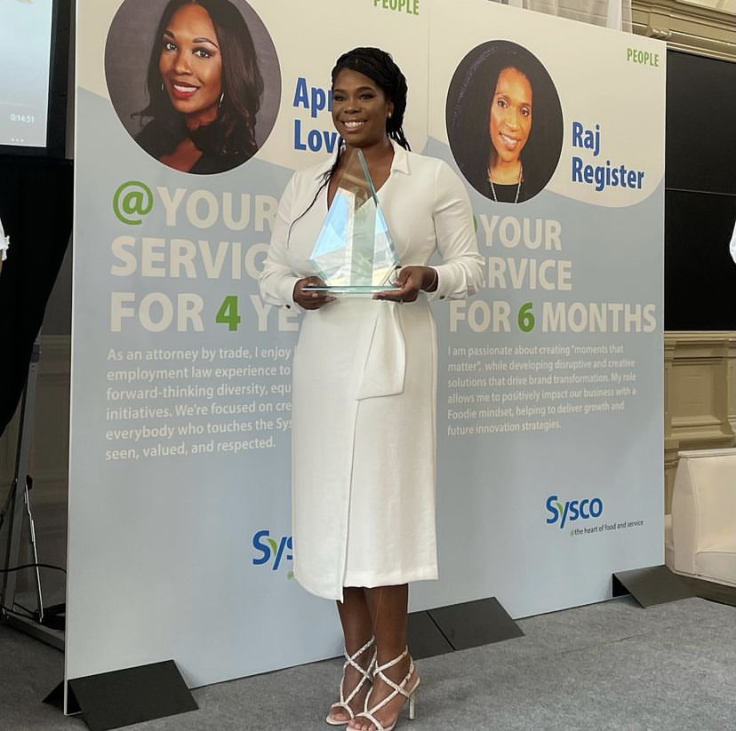Six FemTech founders you need to know about
Technology has always been a male dominated industry. But as the tech world advances, women are playing a vital part in shaping the future

Ten years ago, the term 'femtech' was unheard of. In 2016, Ida Tin, founder of Clue, a German based menstrual tracking app coined the word, and pioneered the way for female-focused technology start-ups. Today, Femtech start-ups are a major investment category.
Femtech provides technological products and services to various female-related healthcare conditions, such as reproductive and menstrual health, and pregnancy care.
The femtech market is expected to hit £4 billion by 2023, with an annual growth rate of 15.2% from 2023 to 2033. In the UK, femtech sales are expected to grow at 14% rate and hit £225.2 million by 2023.
It is becoming evident, with the rise of femtech startups that women are feeling more equipped in this space more than ever. But Femtech startups are not solely health related, and expanding into other sectors.
From finance, climate, food tech and even ending world hunger, here are remarkable founders and leaders who are transforming the tech industry and the world, to watch out for in 2023.
Odunayo Eweniyi

Meet Odunayo Eweniyi. A computer engineer. Trailblazer. Entrepreneurial powerhouse that is making noise.
Having basic financial skills is a necessity in life. Being financially literate strengthens your personal life and career even further, and while the western market has a myriad of finance apps and services designed to help people, Odunayo is the first to bring something similar to West Africa
She is the founder of PiggyVest, a successful fintech startup in Lagos, Nigeria that since its inception in 2016 has realised its mission: to empower people to better manage their money.
PiggyVest is the first ever online app for personal savings and investment in West Africa. The platform was initially intended to help people manage their finances, and savings options but in 2019 it began offering pre-vetted investment options for customers as well.
For Odunayo, PiggyVest isn't just about helping people but creating lasting, impactful change. She has co-founded three successful businesses, won numerous awards including the Forbes Woman Africa Technology and Innovation Award 2022, and has launched two women focused non-profit organisations.
Abadesi Osunsade

Abadesi Osunsade has been making waves in the tech industry since she quit her job in 2016, creating Hustle Crew- a career advancement service that offers support and mentorship for the underrepresented in the tech world.
Partnering with big names such as Airbnb, Hustle Crew aims to make tech more inclusive, and elevate the minorities through training and mentorship.
Previously, Abadesi was a team leader for Amazon, HotelTonight and Groupon, where she joined as one of the first partner managers.
The inspiration for Hustle Crew spurred from Abadesi's desire to change the patriarchal work environment devoid of any inclusion, and create something that welcomes all into the tech industry.
Now, Hustle Crew has made it easy for employers to connect with talent of over 40,000 people in the community, armed with a range of skills.
Abadesi has been named Financial Times List of 100 influential leaders in Tech, and her work as been featured in Elle, Stylist, Forbes and Bloomberg.
Julia Collins

Climate change is upon us, and technology might be the only superpower we have left to fight the changes.
Julia Collins made history as the first Black woman to co-found a unicorn company- Zume Pizza, but now she is here battle the climate crisis.
Planet FWD is the leading carbon management platform for consumer brands. In other words, as climate change becomes more urgent, and sustainability measures become necessary, Planet FWD is helping organisations monitor their carbon footprint and make changes
The jump from an automated pizza company to sustainability tech might seem like a leap, but in an interview with TechCrunch, Julia says becoming a parent led her to be more concise of the choices she makes as a consumer and business owner.
Planet FWD received 95.5% of its generous recent funding from an impressive number of women and people of colour.
Jasmin Crowe

Young entrepreneur Jasmin Crowe began her quest to end hunger with pop-up diners feeding the homeless in her community. Now, she has progressed to a bigger goal; harnessing the power of technology to end food waste in her community and beyond.
She believes hunger is a logistics issue, and not a scarcity issue. It's simply about being able to use technology to divert food to the places that need it.
Her successful startup in Atlanta - Goodr collects surplus food from organisations redirecting it to non-profits who distribute it to areas where it is needed.
Lilly Mittenthal

From financial startups, to saving the climate, to ending food waste, women in tech are doing it all. Lilly Mittenthal is tapping into a different market - parents.
Co-founder Lilly is helping parents tackle the awkward conversations around certain topics like sex, puberty and mental health with their children through Maro.
Maro is an app designed to help parents navigate tough conversations, and allowing them to foster a connection with their children, all through a AI-operated bot.
In an interview with Forbes, Lilly explains that the idea for Maro spurred from her own personal experience with mental health issues.
Maro stemmed from her and her co-founder Kenzie Davis's own belief that had they had a better system like this in place to educate families around mental health, their experience would have been different.
With the wisdom of mental health and child experts, Maro is well on the way to creating positive social impact.
Tech is a fast paced, entrepreneurial industry with a myriad of opportunities, but women often struggle to advance. In the UK, women make up only 19% of the tech work force. But despite the slow progression of gender equality in tech, women in tech are breaking down barriers, and driving innovation.
© Copyright IBTimes 2025. All rights reserved.






















